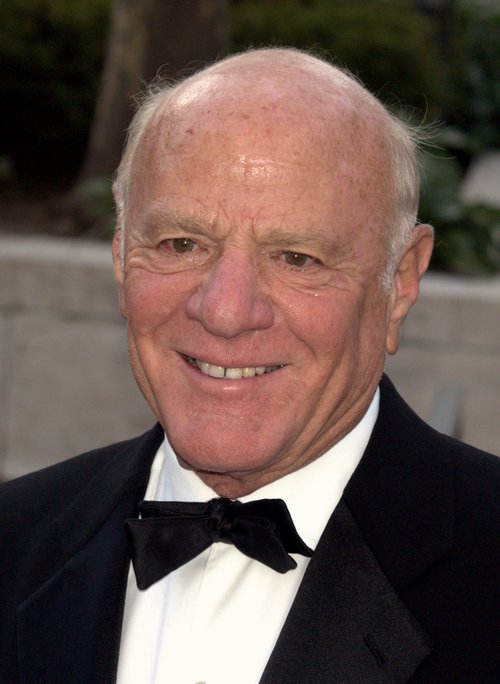Last week Barry Diller made news by ending both his multi-year feud with John Malone and ending his tenure as the CEO of IAC.

In making the announcement, he said: "IAC needs a more aspirational leader." I read it twice, and checked to see if aspirational was a typo. It wasn't. But the disappointing thing was that Diller hasn't been aspirational for some time. In fact, it's easy to forget that in the pre-Internet days Diller was a powerful innovator--creating movie of the week business at ABC and then launching the Fox Network for Rupert Murdoch. Back then he aspired to move from the gilded executive suite of his employer into the world of the self-made mogul. That he created IAC with 14 Billion dollars in assets from what he describes as "a standing start" is no small feat. But Barry never loved the Internet business, much as he loved building IAC. Memorably, he told an audience at a Jupiter conference back during the frothy late '90s that he didn't get any business that didn't have a positive P&L. The whole web thing was kinda lost on him.
So Diller's new CEO must aspire for something--and, one would hope inspire as well. Either way, it's the end of an era for sure.
Meanwhile, the Wiki Leaks drama plays out on a global stage, another harbinger of just how much the world has changed.
James Gleick, writing in his blog around.com, reminds us of just how different the Wiki Leaks phenomenon is to what news media often compares it to; The Pentagon Papers back in 1972. The Pentagon Papers were just 7,000 pages (250 thousand State Department cables on Wiki Leaks so far). Daniel Ellsberg had to photocopy it--one page at a time. But most revealing--when U.S. Attorney General John W. Mitchell sent the NY Times a cease and desist letter, it was by telegram--which Gleick reports: "was first misdelivered to a fish company in Brooklyn." Sounds quaint--don't you think?
Wiki Leaks founder Julian Assange is hardly a heroic figure. It's hard to describe 2.5 million pages as a 'leak', any more that you would describe the output of the Hoover Dam in your kitchen sink as a 'leak'. What Assange is saying, with his newly dyed blond hair and his pending charges for what Interpol calls "Sex by Surprise", is that the era of secrets is over. Privacy for individuals, institutions and the government. Interestingly, the volume of data 'dumped' seems to have overwhelmed the media, the public, and the worlds sense of moral outrage. A few diplomats said nasty things about our allies. Yawn. Now, Kadafi's sexy nurse... now that's interesting.
And so, as the week marks the end of media-moguldum and privacy--Groupon comes along and seemingly thumbs its nose at the massive Google check with NINE zeros on it Six Billion dollars would seem hard to walk away from. Venture Capitalists may point at this as further evidence of a bubble, or the hubris of Groupon founder and CEO Andrew Mason, but that's not it.
What the Groupon decision does mean is that Google, for all its power and influence, isn't the only path to a successful business with a strong revenue stream and a bright future. Remember that Facebook rebuked offers to sell, and now it seems the powerful social data that Facebook has wrangled seems pretty darn valuable. Maybe the human data of your friends network is in fact more valuable than the algorithmic data that drives search.
Ari Jacoby, CEO of Solve Media, estimates that Groupon has its sights on 3 Billion in revenue, and so a sale at 2 times revenue just isn't that enticing. Local it seems is the huge, untapped opportunity. And right now, Groupon has it nailed. Google, not so much.
So last week was a watershed week. Media mogul aspirations are replaced by digital aspirations, privacy for individuals and governments is over, and search is--for the first time--showing signs of age. Could social and local be the next era of commerce? Indeed it does look that way.
Steven Rosenbaum is a curator, author, filmmaker and entrepreneur. He is the CEO of Magnify.net, a Realtime Video Curation engine for publishers, brands, and websites. His book Curation Nation is slated to be published this spring by McGrawHill Business.
Originally Published in FastCompany:
